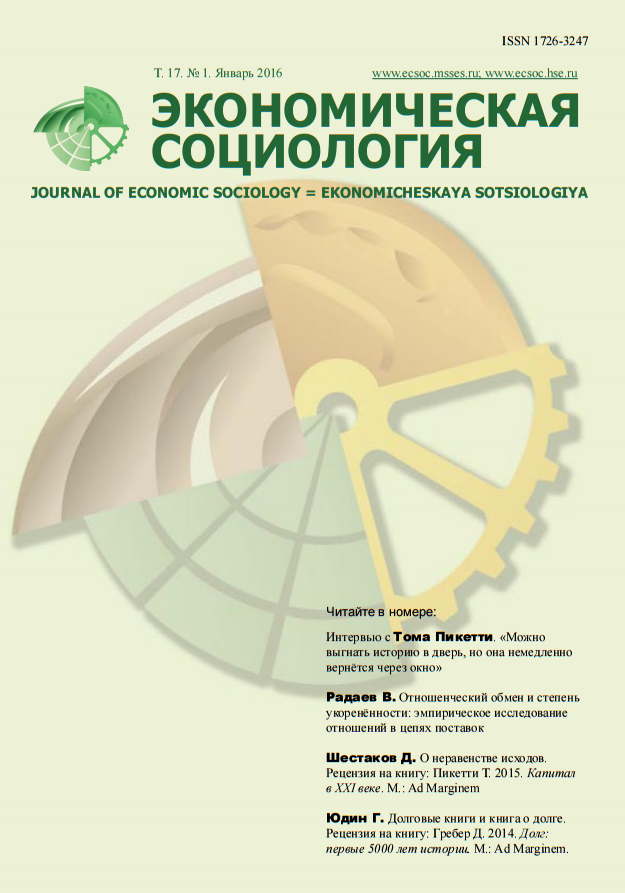Social Networks and Fertility
Abstract
Despite the predominant view of fertility as a rationally planned and independent behavior, more and more papers appear that emphasize the need to include measures of social networks and social interactions in fertility research. In this review we discuss several arguments to consider fertility as a socially embedded process. The notion of social embeddedness expresses the shift from the macro and micro levels of analysis to the meso level, disclosing the influence of weak ties (friends, peers and co-workers) and network mechanisms on bearing children and becoming parents. The integration of social influence models into the research on fertility behavior enables students to explain the gap between intentions to have a child and actually becoming a parent in terms of interaction between weak and strong ties. The impact of network mechanisms is tested for different number of births, timing of marriage, and transition to parenthood. Several types of network mechanisms are distinguished: social learning, social contagion, social pressure and social support. Social learning concerns circulation of relevant information and experience exchange with friends, peers and co-workers. Social support involves mobilization of strong and weak ties for material and emotional maintenance in pregnancy, childbearing, childcare, and decision making on new births. Social learning and social support play a decisive role in reducing uncertainty and costs related to childbearing and childcare, especially for countries will low levels of economic sustainability and generalized trust. Social contagion and social pressure are mechanisms that express vertical and horizontal processes of social diffusion related to the spread of social norms and settings on marriage and parenthood. A network approach provides new insight on the role of education, age and religiosity in fertility decisions.













